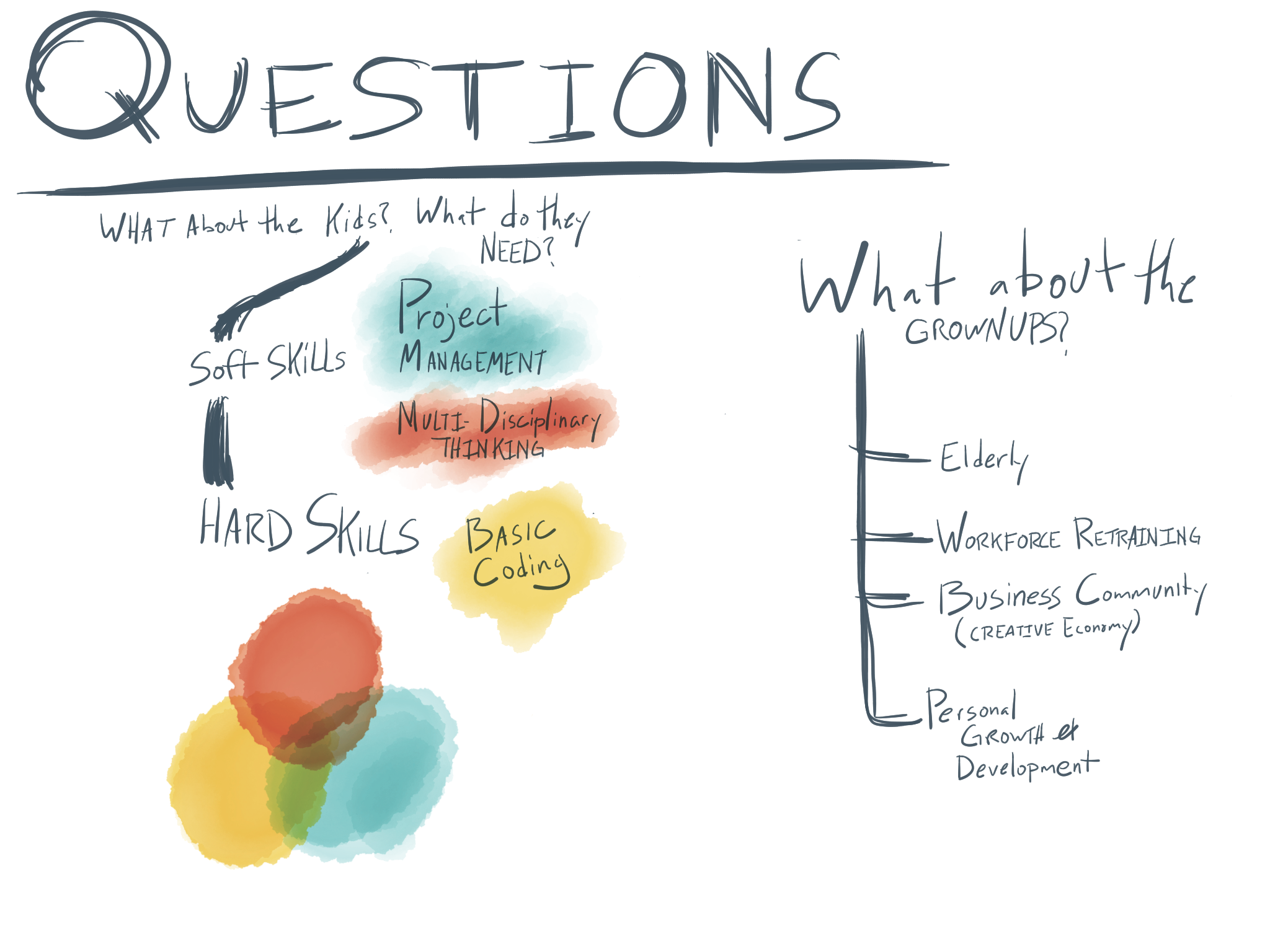專家們都說,未來全球的經濟環境,需要更多擁有「軟技能」的年輕人。可是什麼是軟技能呢?我們又該如何培養孩子的「軟實力」呢?
簡單來說,「軟技能」就是人的情商、個性、社交禮儀、溝通能力、個人習慣以及人際關係的特質。許多研究證明,這些軟實力多數在小朋友的學前教育中就埋下了種子,為日後的人生、人際關係、事業發展等打好重要的基礎。能夠善用這些技能的人會在這個殘酷的社會上更加事半功倍喔!

In today’s global economic climate, employment and productivity are as dependent on academic and technical skills as they are soft skills. What are soft skills? Soft skills are sometimes referred to as “people skills,” “non-cognitive skills,” or “emotional intelligence”, but encompasses more than any one of those names implies.
A recently released report by Laura H. Lippman and colleagues prepared for Child Trends highlights that soft skills “are a broad set of skills, competencies, behaviors, attitudes, and personal qualities that enable people to effectively navigate their environment, work well with others, perform well, and achieve their goals.” Primarily focused on youth 15-29 this report on soft skills has implications for parents raising children in the United States and around the globe as these skills are developed and nurtured during childhood.

Research on soft skills has varied by industry sector, gender differences, and a host of difficulties marked by divergent goals and terminology. Lippman and colleagues sought to identify what specific soft skills improve chances of employment and productivity globally across sectors. They found the top five soft skills youth need to develop to improve workforce success include: “social skills, communication, high-order thinking (problem-solving, critical thinking, decision-making), self-control, and positive self-concept.”
While much of our education system from preschool through college emphasizes academic and intellectual skills, these other soft skills are critically important for development, yet are harder to define. Three of the five skills (social skills, communication skills, and self-control) are areas of emphasis in the preschool years, but not so much later in school. By first grade, we get very focused on academic skills and forget to explicitly teach these soft skills. There are lots of studies showing that these are the skills developed in good preschool programs that predict later success in life, stable relationships, occupational success, which require good social and communication skills, but don’t necessarily predict higher academic test scores in school.

A good example of self-control skills is Walter Mischel’s “Marshmallow test” of self-control. Can a child resist the temptation and not eat the marshmallow when the adult leaves the room? Data from this one area are predictive of outcomes in several ways. The other two skills are higher order thinking – think of that as creative problem solving, and positive self-concept. Creative problem solving comes from working on problems, not memorizing information. It can come from dealing with difficulties in any area of life, ranging from solving a math problem to the geometry of how to fit the sofa through the doorway. Positive self-concept, we know, does not come from repeated unconditional positive praise. It comes from struggling with something the child finds difficult and then eventually succeeding.
Most of the current literature of soft skills focus on employers, high school programs, and college graduates. An audience that is notably missing, however, are parents. Furthermore, the current material on soft skills developed specifically for parents focus on children with disabilities when all children can become contributing members of society and our future workforce if soft skills gain a larger focus. The policy implications of this new report is big but the parenting implications are bigger.
Schools are where soft skills are practiced and improved, after-school activities are a place where soft skills are refined, but parents and families are where soft skills are observed and learned. Although research on how soft skills translates to better employment outlook is still needed, parents can still teach soft skills to children in developmentally-appropriate ways:
How to build soft skills for children:
如何培養孩子的「軟實力」
For younger children 專為幼兒而設計:
- Do activities that require your child to work with you. Take turns allowing your child to lead the activity and having your child follow
- Encourage your child in areas that are hard for them, show them how much they have mastered those skills.
- Let them determine their own solutions to problems.
- Do local charitable service projects
- Praise an acknowledge when your child is ready for school on time
For older children 專為孩子而設計:
- Create a vision board using old magazines
- Encourage your child to talk about what they found interesting about a movie you watched together or television show you watched
- Demonstrate how you greet someone with a handshake, eye contact, and a smile
** Credit to W. Douglas Tynan, Ph.D., ABPP, American Psychological Association with www.philly.com **
Original Article 原文請按此: http://www.philly.com/philly/blogs/healthy_kids/Why-do-kids-need-to-learn-soft-skills.html






